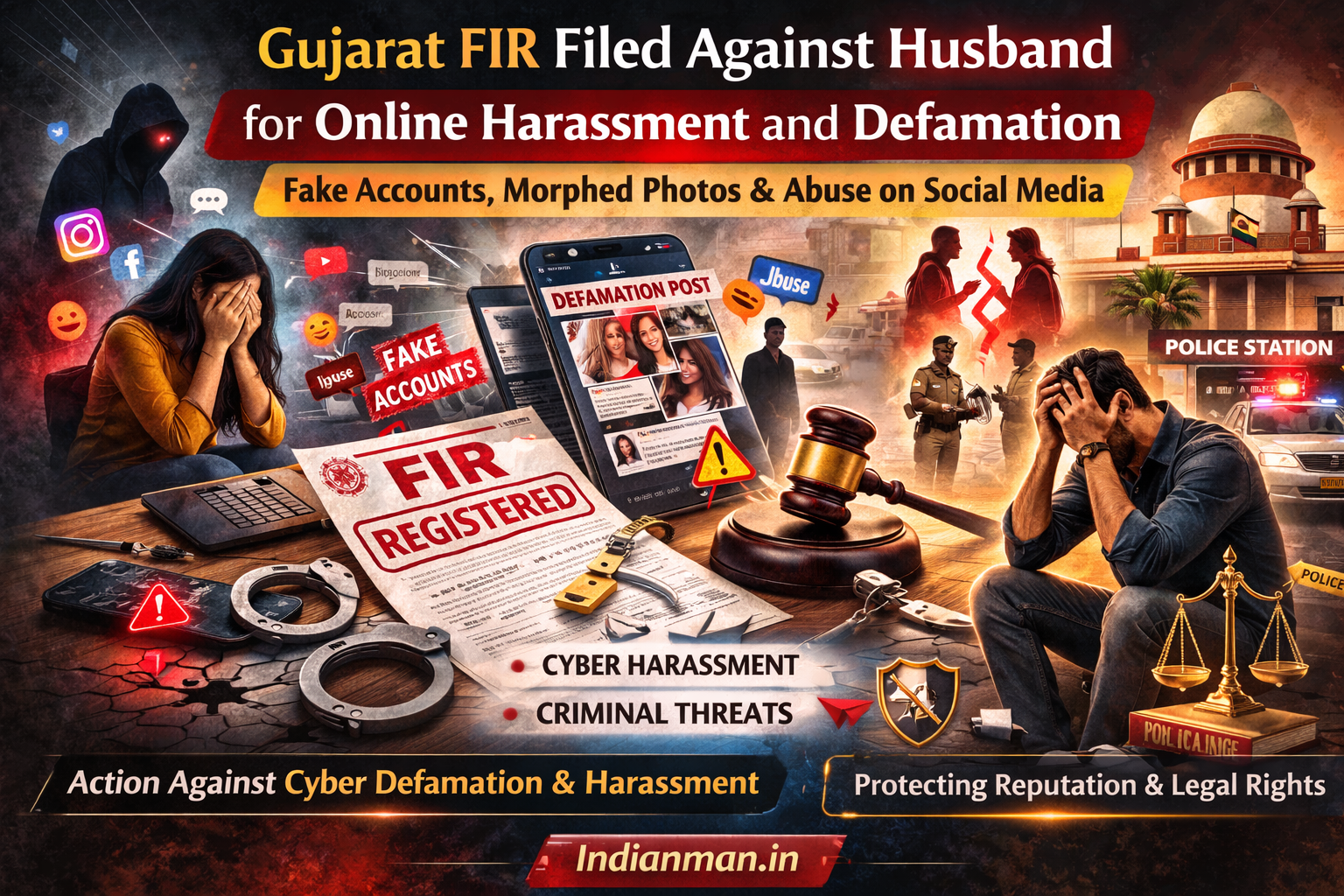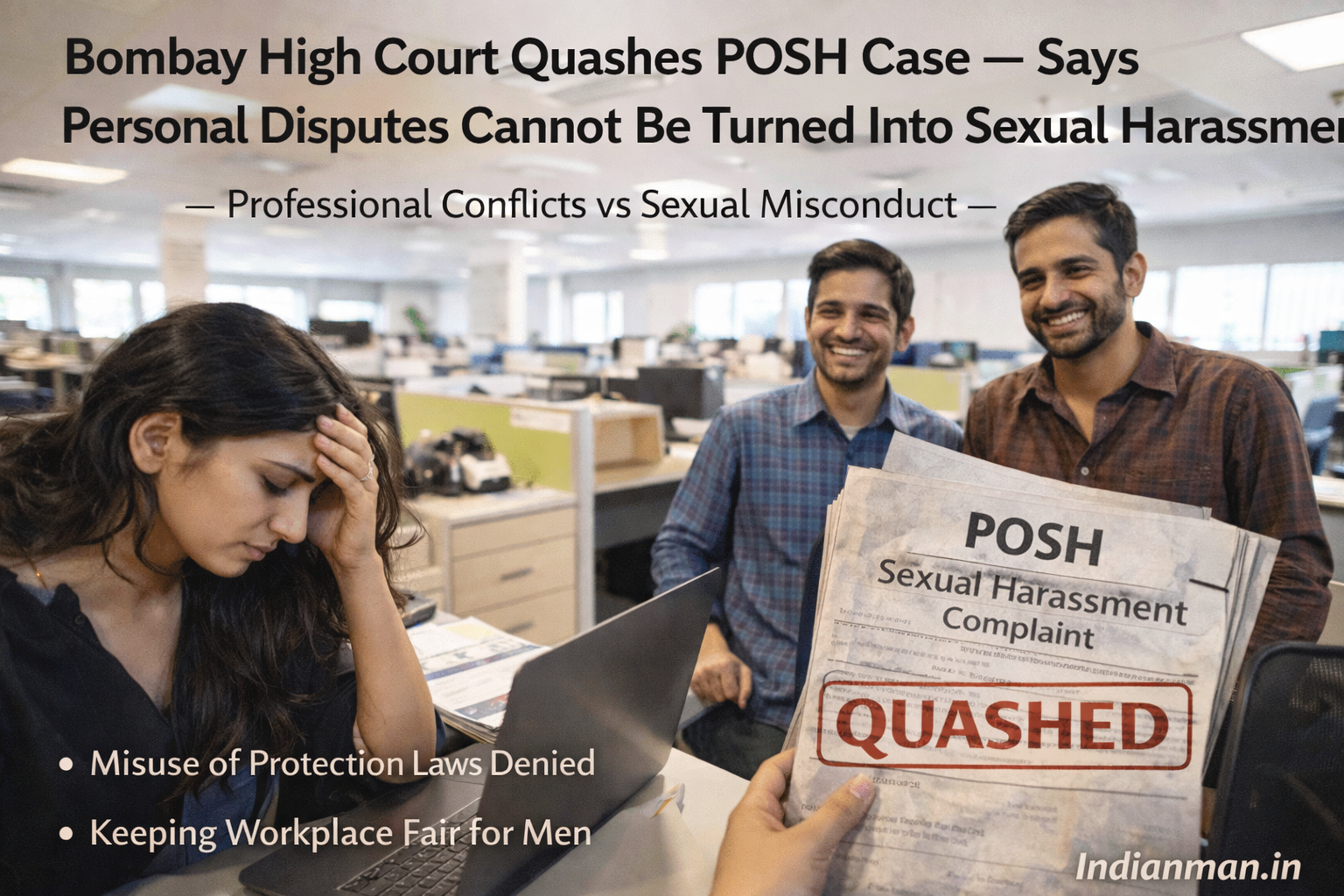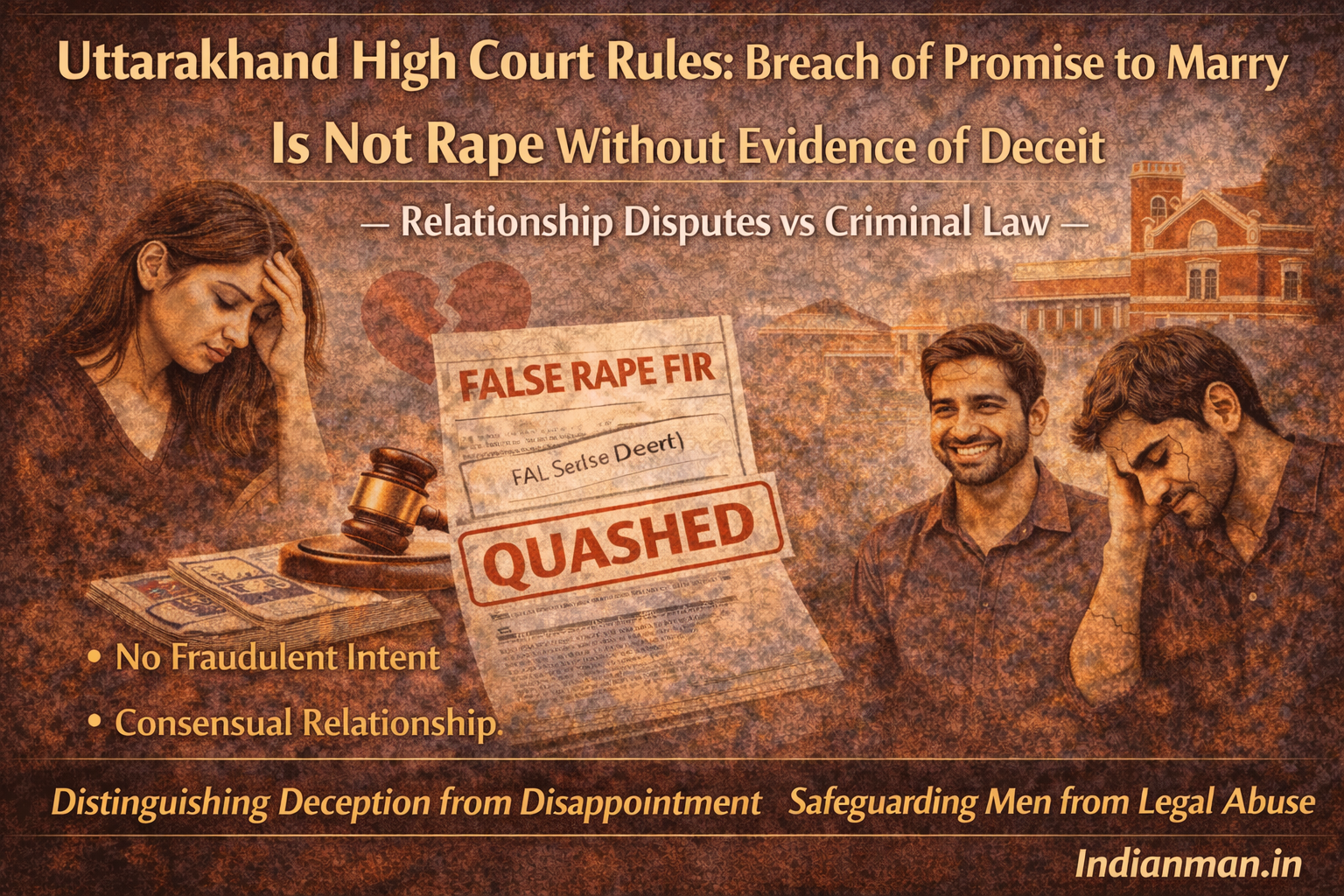The Supreme Court of India has issued a notice in a new petition that challenges the marital rape exception under Indian law. A bench led by Chief Justice DY Chandrachud and Justice PS Narasimha heard the plea, which seeks to strike down Exception 2 of Section 375 of the Indian Penal Code (IPC).
This exception currently protects husbands from rape charges for having non-consensual sex with their wives, unless the wife is under 15 years of age.
The petitioner, Ruth Manorama, a Dalit social worker and women’s rights activist from Karnataka, argues that this legal exception violates Articles 14, 15(1), 19(1)(a), and 21 of the Indian Constitution. These articles guarantee equality, prohibit discrimination, and ensure personal liberty and freedom of speech.
Advocate Karuna Nundy, representing the petitioner, pointed out that older judgments like Saroj Rani (1984) did not consider the application of Article 14 in marital relationships. However, later observations in the Puttaswamy case left this question open for future courts to decide.
The petition also highlights how the doctrine of coverture—which gives husbands legal control over their wives—supports not only gender inequality but also caste hierarchies. The petitioner emphasized how Dalit women face dual exploitation, including being treated as sexual objects by dominant caste men.
CJI Chandrachud responded by clarifying that the Court’s focus will be on whether Article 14 applies to the law itself, not necessarily to personal relationships. He noted that the validity of the marital rape exception must be tested under the Constitution.
The bench has tagged this petition with other pending cases on the same issue but agreed not to merge it entirely. Senior Advocate Indira Jaising also appeared in court and raised concerns that her case, which includes POCSO (Protection of Children from Sexual Offences) matters, should be heard separately.
CJI Chandrachud clarified that both matters would be heard on the same day to ensure proper representation but would be treated as separate cases.
Case Title: Ruth Manorama v. Union of India, Writ Petition (Civil) No. 1119/2022
Be a part our social media community:
Facebook: https://www.facebook.com/IndianMan.in?mibextid=ZbWKwL
Instagram:
https://www.instagram.com/indianman.in?igsh=MWZ2N3N0ZmpwM3l3cw==




